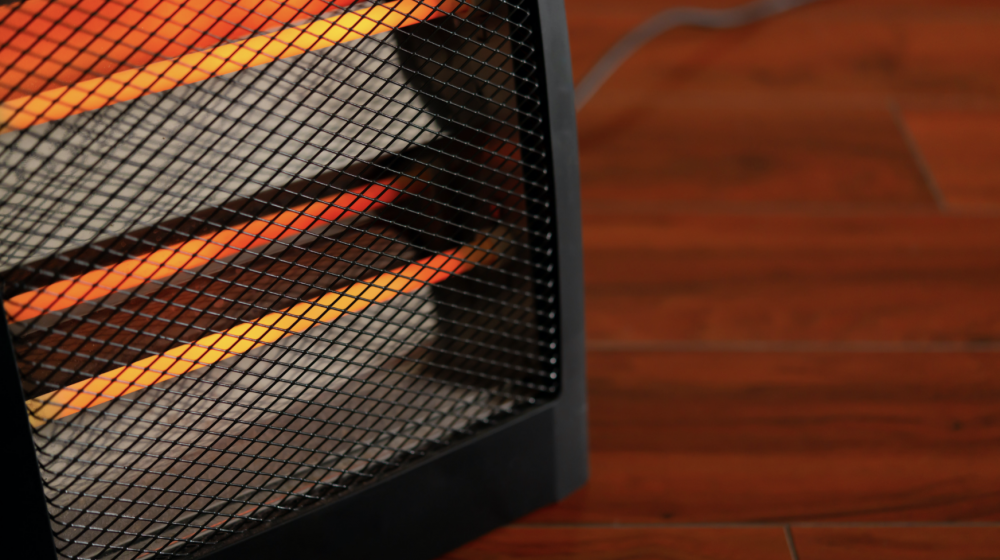How to Use Heating Equipment Safely

Make safety a priority and take precautions when you use any type of heating equipment, which is the second leading cause of home fires and home fire injuries.
The temperatures have dropped drastically in the last week. If you’ve taken out your space heater or you’re using your fireplace, it’s important to use some safety precautions.
Heaters and fireplaces are nice ways to help keep you comfortable during cold weather. However, you should also be aware that heating equipment is the second leading cause of home fires and home fire injuries, according to the National Fire Protection Association.
So, make safety a priority and take precautions when you use any type of heating equipment. Whether you use a fireplace or an electric or fuel-fired heating option, heed these safety measures from the National Fire Protection Association:
- Keep anything that can burn at least 3 feet away from heating equipment. Flammable items include upholstered furniture, Christmas trees, bedding, clothing, curtains, insulation, cardboard, and papers.
- Turn heaters off and unplug them when no one is in the room.
- Ensure children and pets stay 3 feet away from heating equipment.
- Never use your oven to heat your home.
- Have chimneys and heating equipment cleaned and inspected by a professional once a year.
- Have stationary heaters, water heaters, and central heating equipment installed by qualified professionals.
- Always use the fuel specified by the manufacturer for fuel-fired heaters.
- Use a sturdy fireplace screen to keep sparks from flying into the room. Allow ashes to cool before putting them in a metal container. Keep the container a safe distance from the house.
- Test smoke alarms at least once a month.
For more information about heating safety and other fire safety measures to help keep your family safe, visit the National Fire Protection Association website.
Putting up a real tree for Christmas? Visit our blog, "How to Care for a Real Christmas Tree," for tips on how to care for the tree so that it does not become a fire hazard.
Subscribe to Extension for Real Life
Fill in the information below to receive a weekly update of our blog posts.









